“`html
About Medaka Care
Characteristics of Medaka
Medaka, also known as Japanese rice fish, are small, hardy fish that are easy to keep and breed. They are often used in educational settings and are popular among fish enthusiasts.
Basic Requirements for Keeping Medaka
Water Quality
Maintaining good water quality is essential for the health of medaka. Use dechlorinated water and ensure the pH is between 6.8 and 7.5. Regular water changes are necessary to keep the water clean and free of toxins.
Temperature
Medaka thrive in a temperature range of 20-28°C (68-82°F). They can tolerate a wider range of temperatures, but sudden changes should be avoided to prevent stress.
Lighting
Provide a moderate amount of light for your medaka. Natural sunlight is ideal, but artificial lighting can also be used. Ensure the tank is not exposed to direct sunlight for extended periods to avoid overheating and algae growth.
Tank Size
A tank of at least 10 liters is recommended for keeping medaka. A larger tank is preferable if you plan to keep multiple fish or want to breed them. Ensure the tank has a cover to prevent the fish from jumping out.
Feeding Medaka
Medaka are omnivores and will eat a variety of foods. Provide a balanced diet with high-quality flakes or pellets designed for small fish. Supplement their diet with live or frozen foods such as brine shrimp, daphnia, and bloodworms to ensure they receive all necessary nutrients.
Breeding Medaka
Breeding Conditions
To breed medaka, ensure the water temperature is around 25°C (77°F) and provide plenty of hiding spots with plants or breeding mops. Feed the fish well with a varied diet to condition them for breeding.
Spawning and Egg Care
Medaka lay eggs that adhere to plants or breeding mops. Once the eggs are laid, move them to a separate container to protect them from being eaten by the adults. Keep the water clean and well-aerated, and the eggs will hatch in about a week.
Raising Fry
Feed newly hatched fry with infusoria or commercially available fry food. As they grow, gradually introduce finely crushed flakes or small live foods. Ensure the fry tank is kept clean and perform regular water changes to promote healthy growth.
Common Health Issues
Medaka are generally hardy, but they can still suffer from common fish diseases such as ich, fin rot, and fungal infections. Quarantine new fish before adding them to your main tank and maintain good water quality to prevent disease outbreaks. If you notice signs of illness, treat the fish promptly with appropriate medications.
Conclusion
Medaka are an excellent choice for both beginners and experienced fish keepers due to their hardiness and ease of care. By providing the right environment, diet, and care, you can enjoy a healthy and thriving medaka population in your tank.
“`
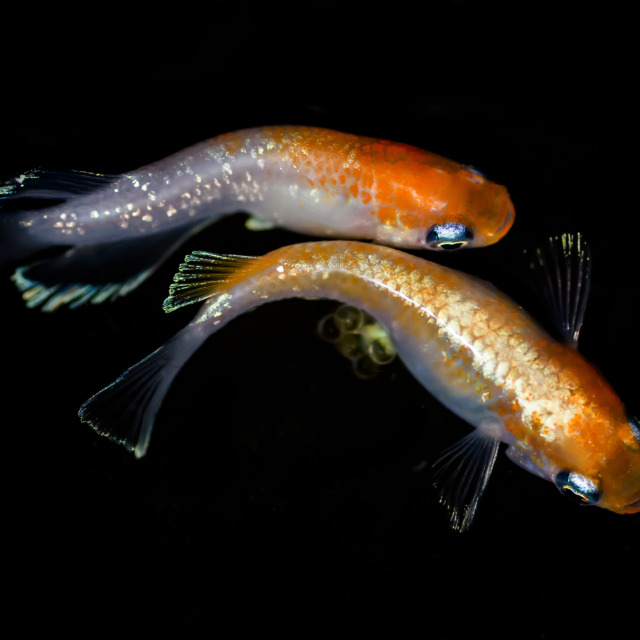

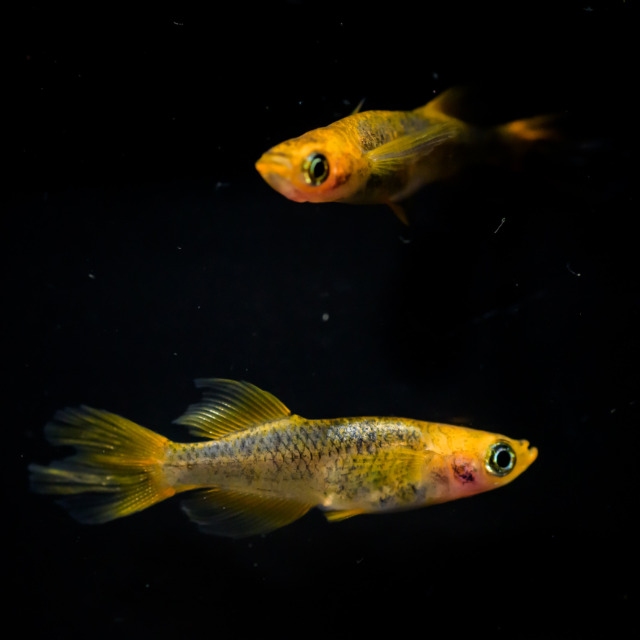
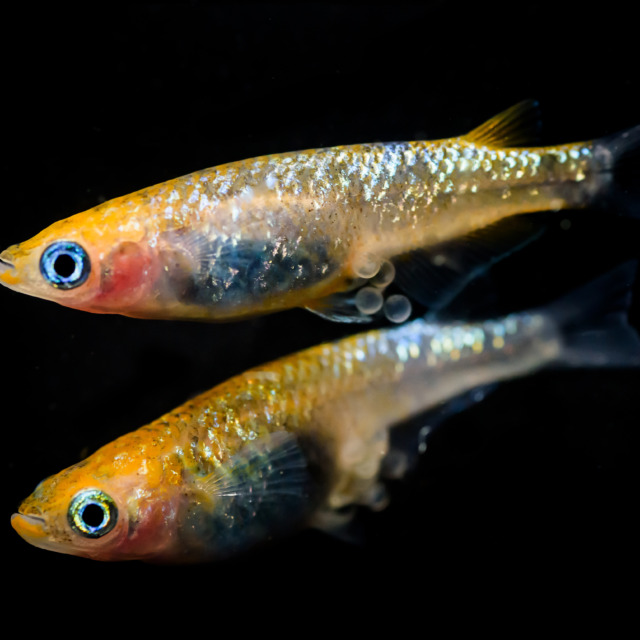
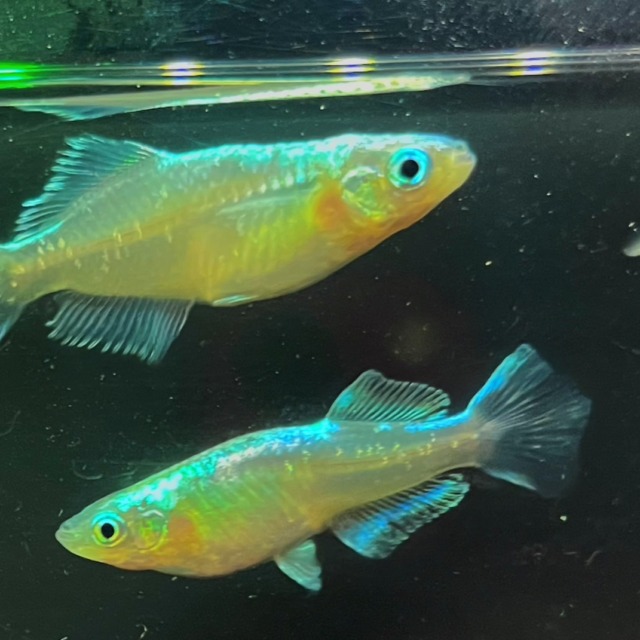
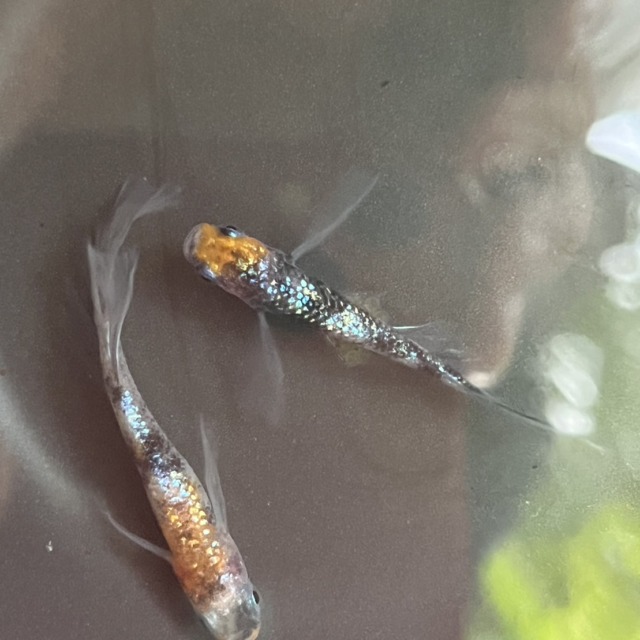
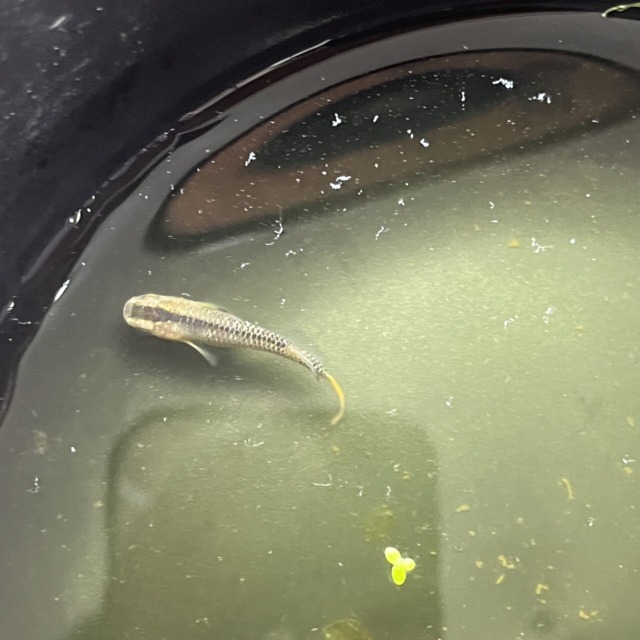




No comments yet.